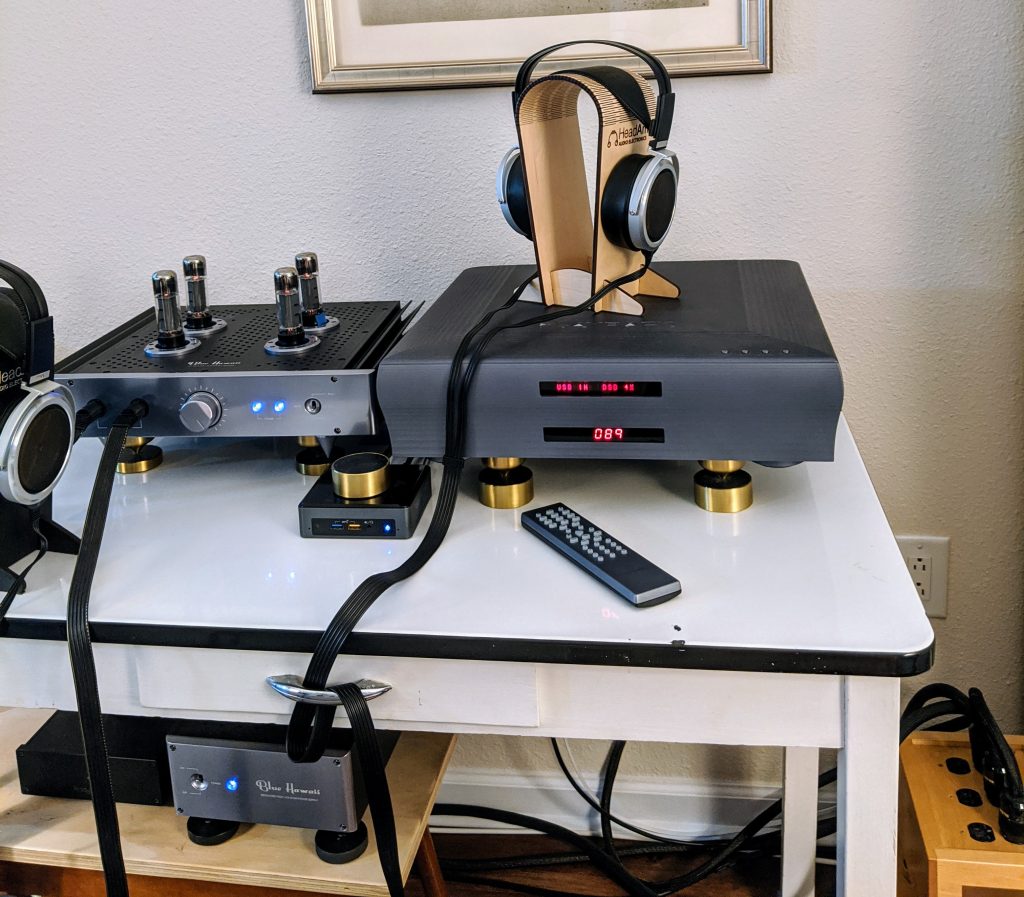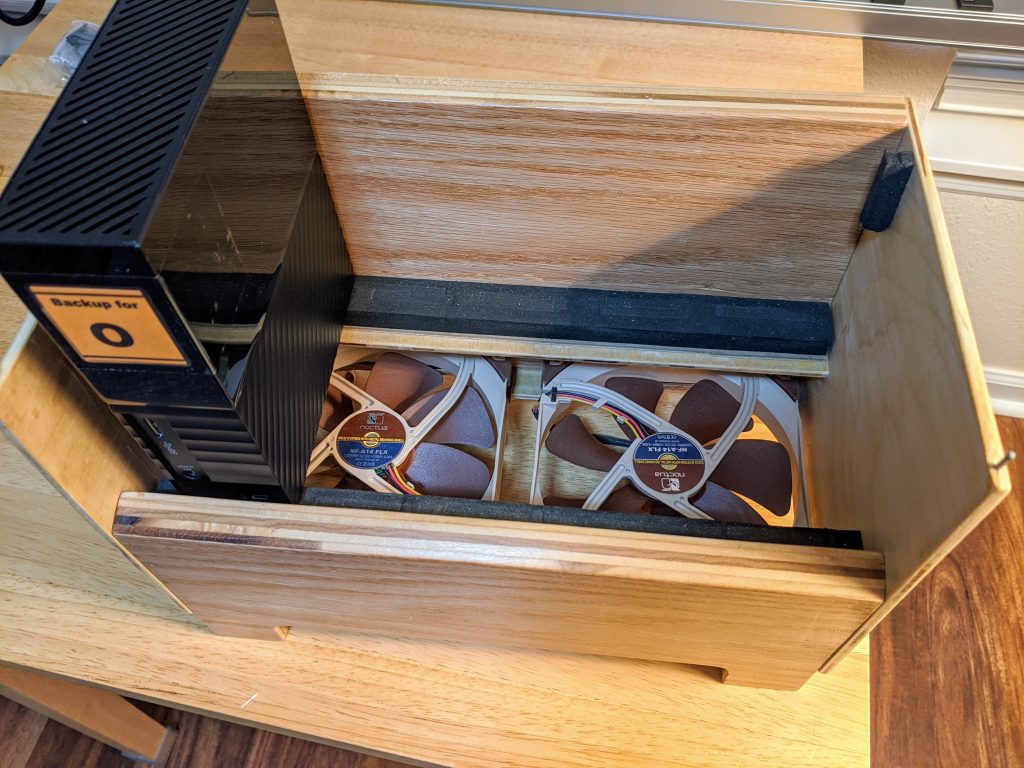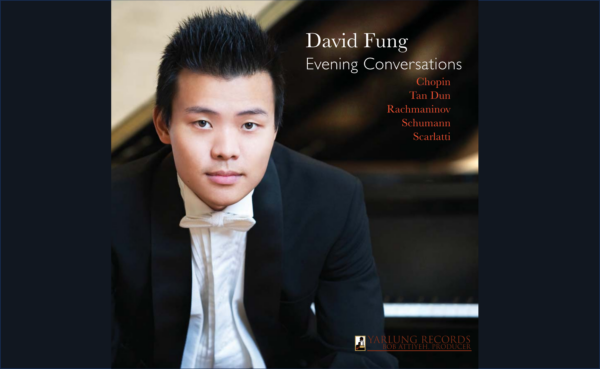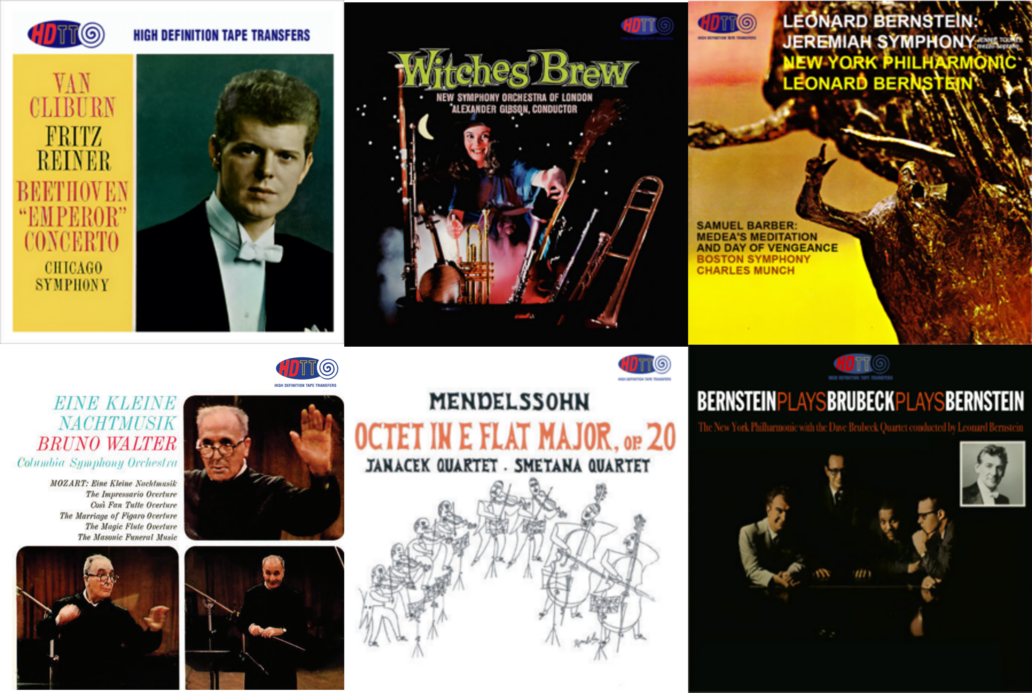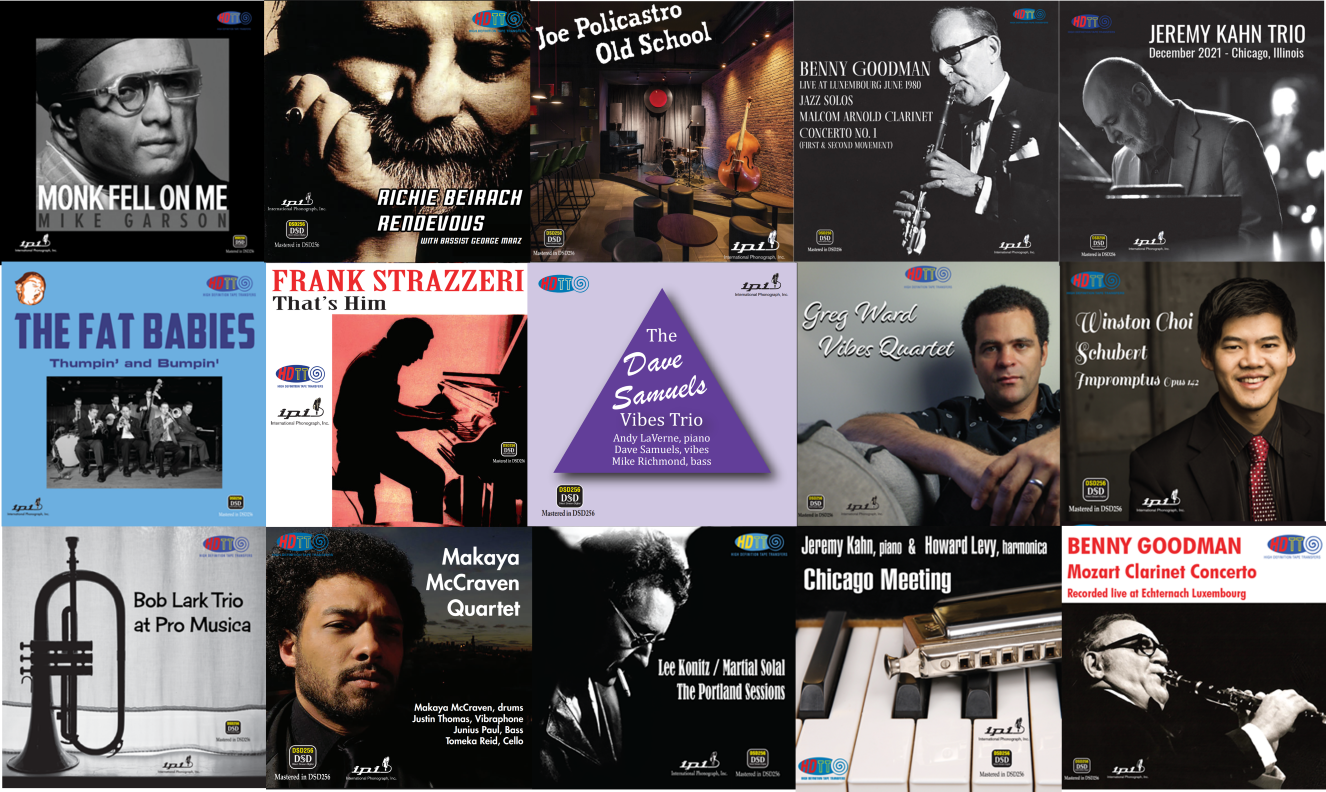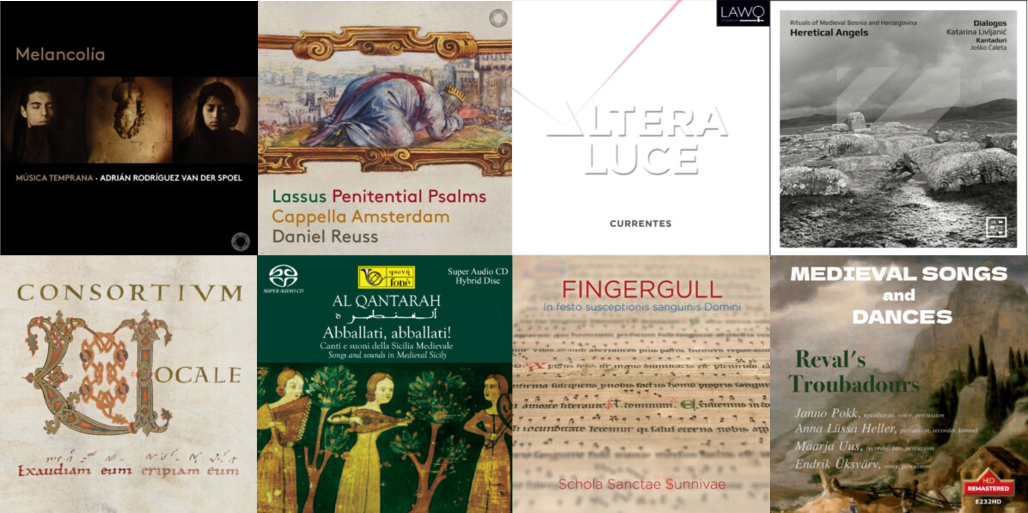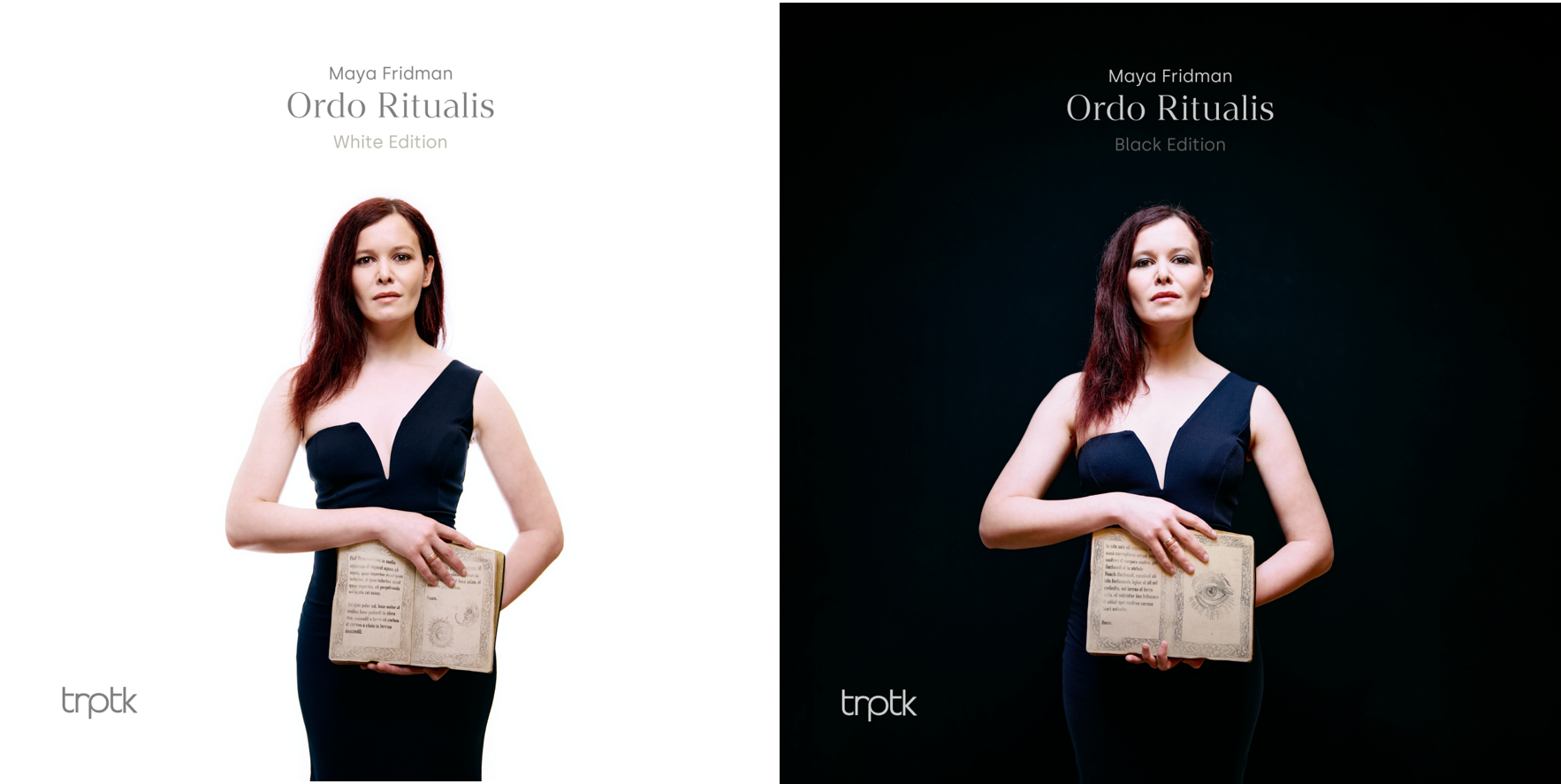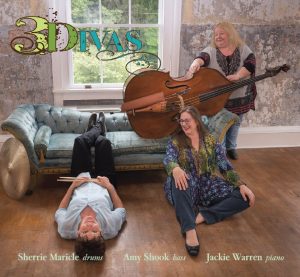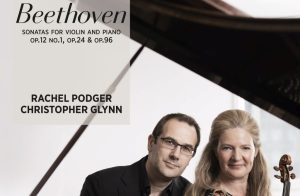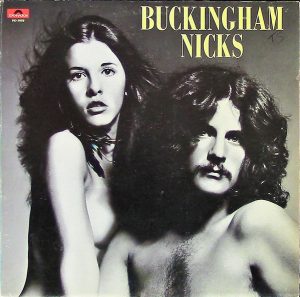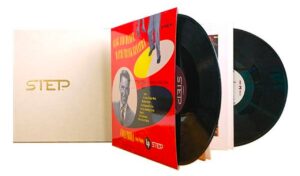Nicolas van Poucke: The Schumann Collection, Vol. 1, TRPTK. (2020 (DXD) (HERE)
What a pleasure to listen to this quite extraordinary pianist, Nicolas van Poucke, in this new release from TRPTK. His performances of the Schumann works on this album are totally engaging, full of musical intelligence and emotional depth. It is always a treat to discover what new artist TRPTK has found to introduce to us, and what new aural magic TRPTK founder and recording engineer Brendon Heinst has accomplished. This recording does not disappoint!
You may recall my earlier article about TRPTK and my enthusiasm for the recordings that Brendon Heinst is releasing. For a label only six years old, the quality of TRPTK's output is astonishing. I keep watching for next releases, and I am pleased to confirm that the high quality of both performance and recording most decidedly continue here.
Nicolas van Poucke was born into a family of professional musicians and began playing the piano at age six. His piano is "the faithful companion for expressing a love of music."
Recording session June 26th and 27th 2020, at the Westvest Church in Schiedam, Netherlands on a Steinway & Sons Model D-274 concert grand.
This release of the Schumann works comes out of the COVID-19 period of social-distancing and self-isolation. With his normal calendar of recitals and chamber music foreclosed, Nicolas sought another productive release for his creative energy during this period. Pursuing his love of Schumann in a planned series of recordings with TRPTK is that solution. He says this is Volume 1 and, from the music making he presents on this release, I look forward to the next several volumes.
In a Facebook Live conversation, Nicolas discusses with Brendon Heinst how this recording came about. Nicolas says (paraphrasing), "The thing about coming up with this project was that I had to have something I could play now, during lockdown, not in a year. So what did I have ready within a month? Well, I'd played Carnaval two months ago and I've played Fantasiestücke already since I was 16, but haven't touched it for a long time. So, yes, these could make up a CD. We could make this work. And then we added Arabeske to the list—right on the phone in one conversation. So, this was the great thing... With the lockdown I had no other distractions. I had preparing for this recording as my only goal from the time of our phone call until the recording date a month from then."
Nicolas goes on to say, "With Schumann, it is the best music to invest so much time in because there is so much that you get back in return. There is so much to discover, it is so well written, it is so beautiful… When practicing, it is fine to get into performing shape. But you really have to find something that speaks to you in the music that makes it worthwhile to record. I want to stay close to the score, but I really have to find out what this means to me… There is so much richness to the music, I realized very quickly it was up to me to really add on to the catalogue of past performances, that legacy."
And there are so many performances of Carnaval by great pianists such as Rubinstein, Katchen, de Larrocha, Michelangeli, Cortot Anda, Arrau, Freire… Why am I recommending this new performance by van Poucke?
I'm recommending it for two reasons: 1) he really does have a unique voice, something different to share in this music and 2) this is the best sounding recording of Carnaval that you're going to find—it's worth adding to your library just for the superb sound quality. For my music listening, I enjoy having both of these qualities.
Nicolas takes a somewhat more deliberate, more thoughtful introduction to the first movement on this recording, the Préambule of Carnaval by comparison to some other pianists. He plays this first movement with some contemplation of where this is all going, with just a hint of a lingering phrase here or there. For me, this bodes well. I get tired of the renditions that are all "hell bent for leather," beating these notes out as fast as demonically possible and to the point of losing any meaning to the music. I won't list for you the numbers of performances I find doing this, let me just say that Nicolas achieved so much more in his first two minutes and nineteen seconds.
This thoughtful approach to Schumann's music continues throughout this recording. Not just in the Carnaval, but also in the Fantasiestücke and the Arabeske. He plays demonically fast and powerfully when called for, but is willing also to linger when appropriate and to savor a phrase.
In the opening movement of Fantasiestücke, for example, Nicolas plays delicately, lingeringly, gently—savoring the moments, with delicate spacing between notes allowing the reverberation of the strings to expand and fade away. Then he launches "Aufschwung" (the next movement) with a flurry of declaiming notes and energy; not pounding away furiously, no. This is still well judged, shapely phrased playing, full of intention and meaning. Well done!
The recording quality with which these performances are presented is another excellent accomplishment by Brendon Heinst. Well done! The sound has a resonant, reverberant yet open quality. We are close in to the piano, hearing the initial transients of the hammer strikes with immediacy and basking in the reverberations of the strings. This is, to me, more the artist's perspective on the instrument than an audience member's perspective. And this is the producer's and recording engineer's choice to make. The recording is, after all, a work of art designed to create an emotional response. And it does. It creates in this listener quite a thoroughly engaged, full immersion, response to the music.
I emailed Brendon asking if he could describe the result he was seeking to achieve in this recording. He replied with the following explanation, which I think also explains his objectives in so many other of his recordings:
"That's a great question. I actually never go for a certain 'sound', I just go for a feeling of, well, sort-of being there in the room. The feeling you get when you're close to the musicians, you hear everything they do besides their playing, and all of the details in the instruments themselves. But that might be a bit too vague. I guess what I'm looking for is something that's very much as though you're there yet at the same time more intimate than that.
"An example of this would be that you hear Nicolas softly humming along to the music, and in the last movement of the Carnaval, you hear that we've recorded it on the last day in the evening. He was getting physically tired yet just continued playing as though his life depended on it. You hear the way he makes this giant instrument work and the effort that goes into it. You hear his nails on the keyboard even sometimes.
"It's those kinds of things I'm looking for in a recording, a very deep, instant connection with the musician but still keeping a kind of natural soundstage. This is also why I've developed the recording technique I call OOA (optimized omnidirectional array), to make sure the stereo imaging is exactly the way it is in the space. This gives me space to make things more intimate or maybe more distant, just the way we see fit."
And, yes, this recording accomplishes all of that.
In summary, these are performances I find very attractive. I fully expect to come back to them again and again, as I have already done over this past week since the recording was released. This album is identified as Volume 1. I am delighted that Nicolas and Brendon anticipate releasing more recordings of Schumann, which I will eagerly await.
Photos by Brendon Heinst, courtesy of TRPTK









